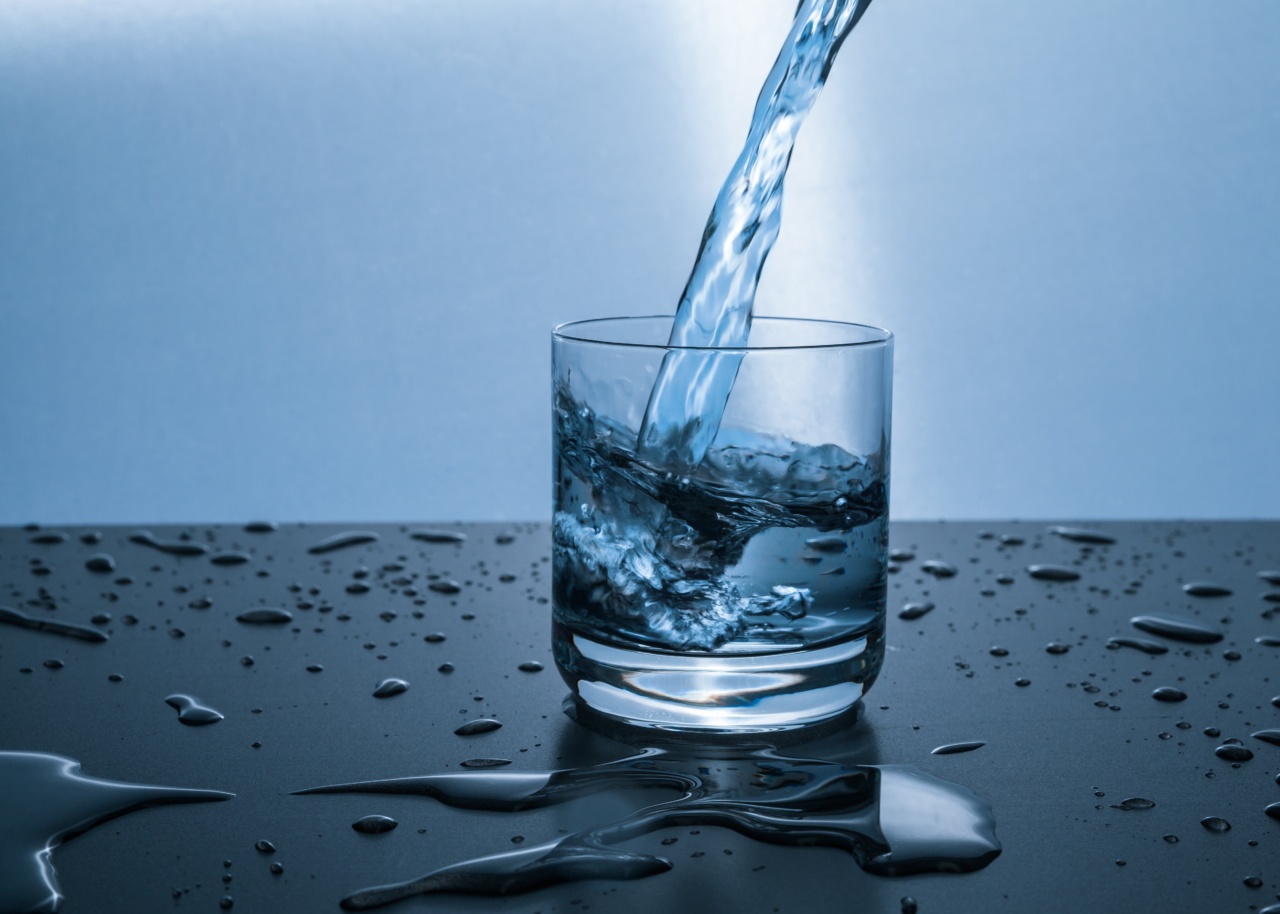Staying hydrated is crucial for our overall health and well-being. Many of us already know the importance of drinking enough water throughout the day. However, water intake is not the only factor to consider when it comes to our hydration levels.
In this article, we will explore the different ways we can stay hydrated and how other beverages, foods, and lifestyle habits can impact our hydration levels.
Water intake
Let’s start with the basics. Water is essential for our body to function properly. It helps regulate body temperature, transport nutrients, and flush out waste.
According to the National Academies of Sciences, Engineering, and Medicine, the recommended daily water intake for adult men is about 3.7 liters, while for adult women it’s about 2.7 liters. However, keep in mind that these recommendations may vary depending on factors such as age, sex, physical activity, and climate.
Other beverages
While water should be our go-to beverage for hydration, other drinks can also contribute to our daily fluid intake. For example, milk, juice, and tea can provide both hydration and additional nutrients.
However, it’s best to limit or avoid beverages that can dehydrate us, such as alcohol and caffeine. These substances act as diuretics, which means they increase urine output and can lead to fluid loss.
Foods
Did you know that some foods can also help keep us hydrated? Fruits and vegetables, in particular, are high in water content and can contribute to our daily fluid intake. Examples include watermelon, cucumber, strawberries, and lettuce.
Soups and broths are also great options, as they provide both fluids and electrolytes.
Lifestyle habits
Our daily habits can also impact our hydration levels. For example, frequent sweating, such as during exercise or hot weather, increases fluid loss and requires us to drink more water to stay hydrated.
On the other hand, staying in air-conditioned environments for extended periods can dry out our skin and mucous membranes, leading to dehydration. Additionally, certain medical conditions and medications can affect our body’s water balance, so it’s important to consult with a healthcare professional.
Symptoms of dehydration
When we don’t drink enough fluids or lose too much water, we can become dehydrated. Some common signs of dehydration include:.
- Thirst
- Dry mouth, lips, and eyes
- Darker urine or decreased urine output
- Headache
- Fatigue and weakness
- Dizziness and confusion
If dehydration is severe or prolonged, it can lead to more serious complications such as heat exhaustion or heat stroke. It’s important to listen to our body’s signals and drink fluids regularly.
Conclusion
Staying hydrated is more than just drinking water. While water is crucial for our body’s functions, we can also get additional fluids from other beverages, foods, and healthy habits.
The key is to be mindful of our fluid intake and pay attention to our body’s signals. By staying hydrated, we can improve our overall health and well-being.































